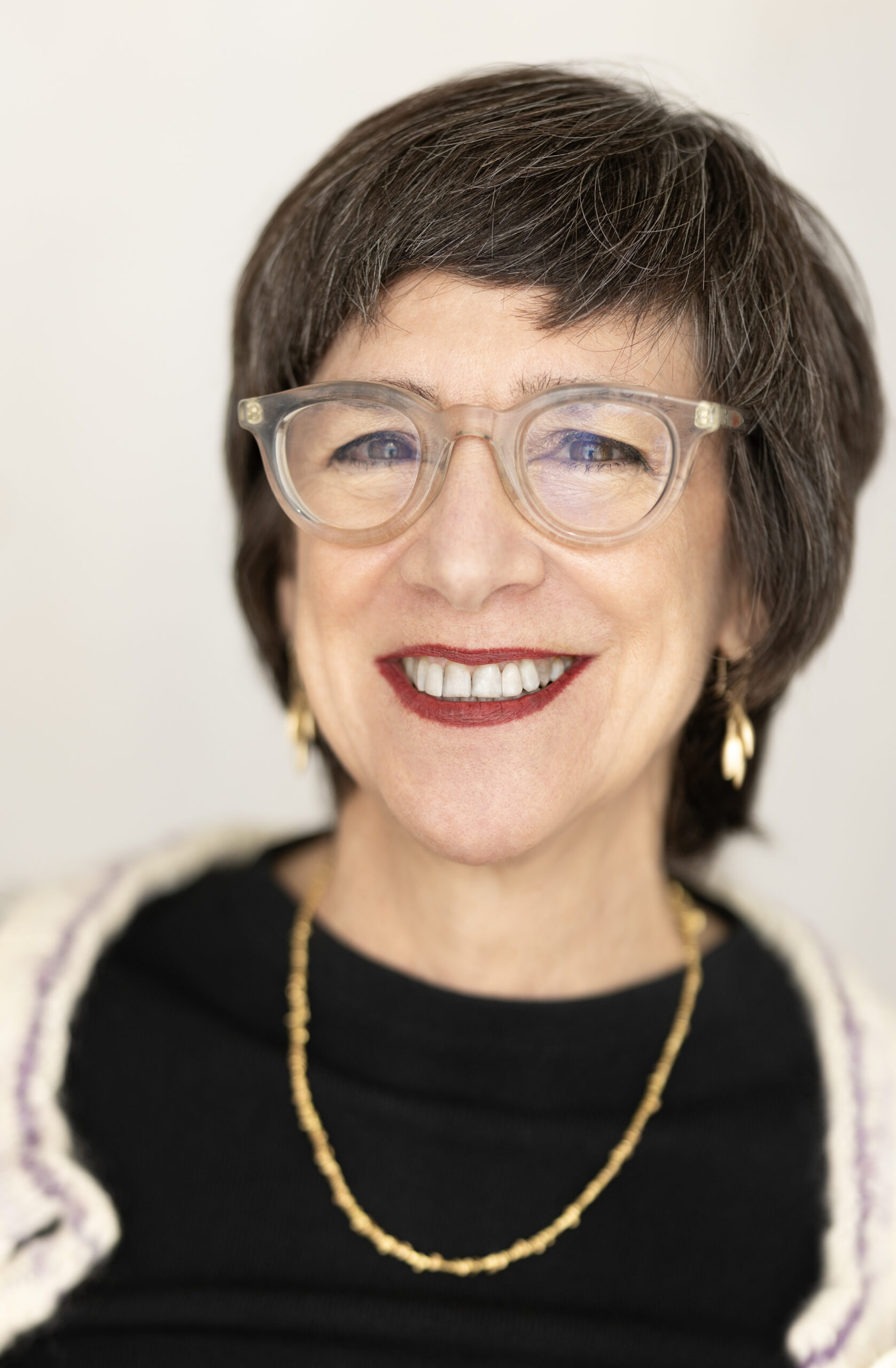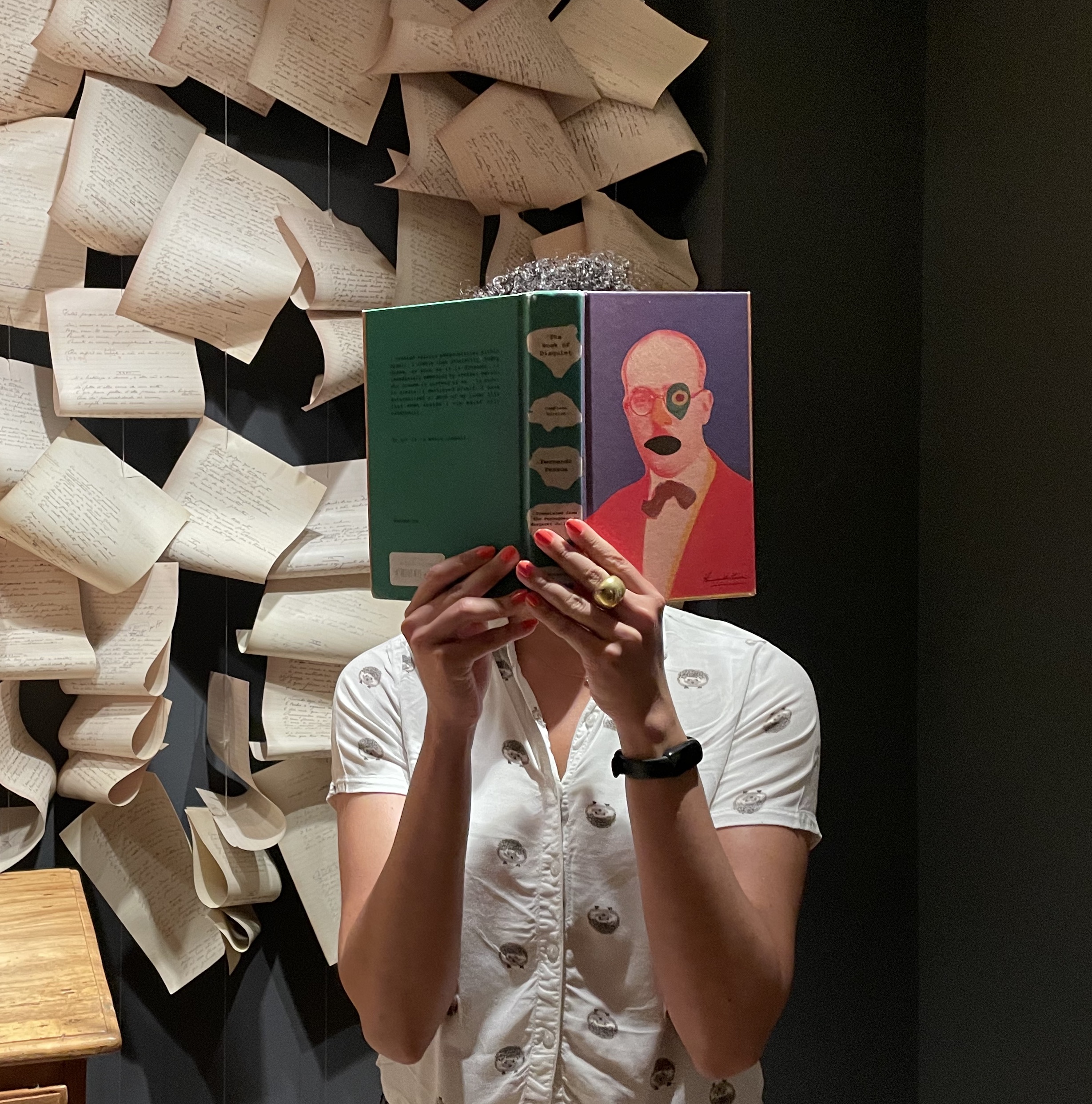Please welcome poet FRANCES RICHEY to our pages.
Contents:
—The Times Square Hotel
—After the Diagnosis
Frances Richey is the author of two poetry collections: The Warrior (Viking Penguin 2008), The Burning Point (White Pine Press 2004), and the chapbook, Voices of the Guard (Clackamas Community College 2010). She teaches an on-going poetry writing class at Himan Brown Senior Program at the 92nd Street Y in NYC, and she is the poetry editor for upstreet Literary Magazine. She was poetry editor for Bellevue Literary Review from 2004-2008. Her work has appeared in or is forthcoming from: The New York Times, The New York Times Magazine, O, The Oprah Magazine, Plume, Gulf Coast, Salmagundi, Salamander, Blackbird, River Styx, and Woman’s Day, and her poems have been featured on NPR, PBS NewsHour and Verse Daily. Most recently she was a finalist for The National Poetry Series for her manuscript, “On The Way Here.” She lives in New York City.
The Times Square Hotel
We are not poor. We are just without riches…
Around us swirls the dust of the cities…
Rainer Maria Rilke
The Book of Hours
We were there because we were broke
or homeless, or recovering addicts…
Some dealers slipped through, street people,
artists, dancers…I once saw an addict off his meds
hogtied in the lobby. He’d pulled a knife
on someone in the hall. (On his meds,
the sweetest guy.) Some of the tenants were holdovers
from the days when The Times Square Hotel was
a crack house, like J, across the hall, who squeezed
two good sized dogs in with him. Princess and Baby.
When he brought them out they walked so close
together, they looked like one starving animal
with two heads. In the summer he left his door open.
It was dark in there, but I could see
roaches crawling on the walls. Now and then, one
would come across under my door and hide between
the wall and the bed or under the wooden spoons.
But the worst was the dust: black, dense,
persistent. Every week one or two tenants died.
The little white memorial cards on the security desk,
their names and pictures beside an unlit candle,
a bouquet of plastic flowers. I didn’t know any of them,
except Angel, an emaciated kid in pink sweats,
long greasy hair. I can’t remember what we talked about,
just his eyes, dark sockets.
~
When Dr. Eden threw my X-rays on the light board,
showed me tiny dark particles of something
that shouldn’t be there, and told me
I was sick from dust,
it was as if he was talking about somebody else.
The nurse said, How did you get this?
This is a poor person’s disease.
I was wearing the Dana Buckman suit I’d saved
from business, an office on 43rd and 5th, gray marble,
a clock above the door, a Dockers now, splashed
with corporate graffiti; Khaki Diem!
Wear the Pants! The heavy doors shellacked
a burnt brown, a bright orange anchor
painted over them. Doors I entered every day
and can’t remember now
what floor I worked on, client’s names…
~
None of us started out this way,
not the wino by the dumpster
in his Darkman coat, punching
at the air. Excuse me, he’d say.
I’m in the middle of a war.
Or the blonde in khaki shorts
and hiking boots, a blow-up
of her face in the New York Times,
and I couldn’t believe
it was the same woman who
lived one floor above, until
I read the headline: This Is The Face
Of Recovery, You Can Beat Addiction…
Heroin. (She’d been a lawyer)
Producers, pimps, missionaries
passing in the massive heat
of another hellish summer,
all of us grateful not to be guests
at the Hotel Carter across the street
where only weeks ago the cut up
body of a woman was found stuffed
in a garbage bag shoved under a bed.
~
I gave my mattress to Gus, our self-
appointed constable who walked
himself around in his wheelchair,
padding his feet along the floor. My
air conditioner, I gave to J,
who sold it. What was left, I stacked
in boxes on the street where gum
wrappers, used condoms flew up
every time a cab rushed by. And no one
needed to tell me the young man
in the loin cloth with the gorgeous
quivering pecs, the long flowing
hair walking toward me
eating a sandwich, was not
the son of God, but the actor who
played him in the latest production
of Jesus Christ Superstar, a revival
so bad, even he couldn’t save it.
I wasn’t there to be saved
or to be lost, or to pay the guy
in the sunglasses and floppy hat
sitting on a fruit crate with a sign
around his neck: Tell me off for a dollar!
That nurse saw me the way I
wanted her to see me, and for
a minute, I hated her
for being fooled by the good
suit I wore so I’d be taken care of,
and for the way she said the word poor
as if that would be worse
than the scarring in my lung.
After the Diagnosis
a black glass gentleman’s club;
red neon hearts and yellow stars
on a black marquee.




